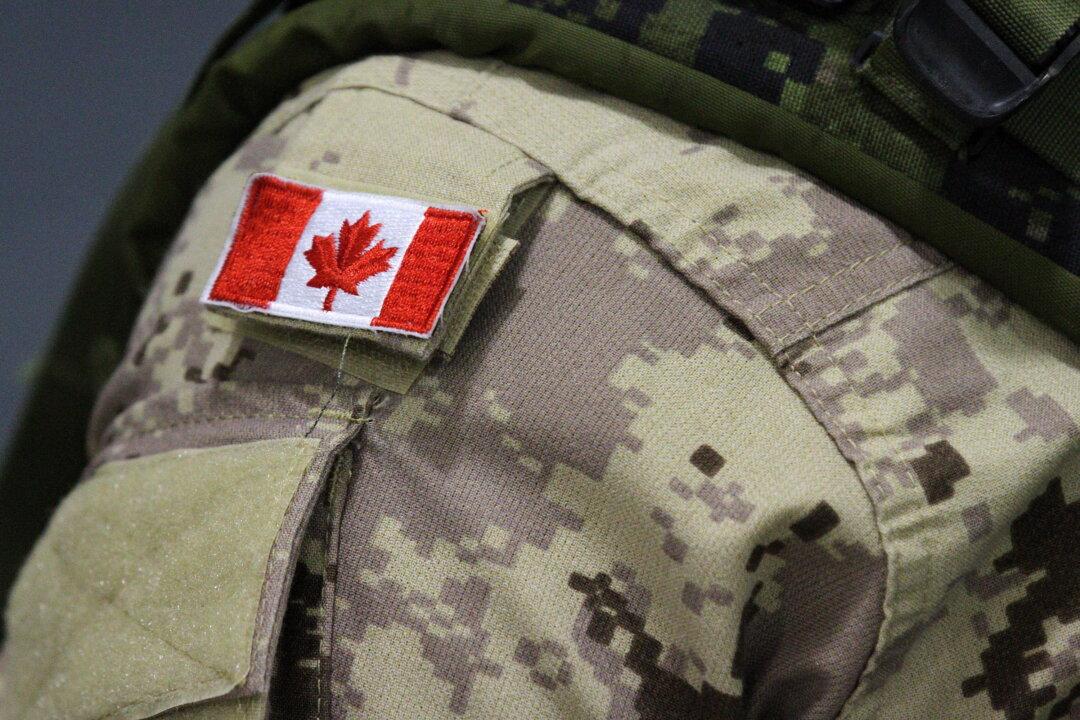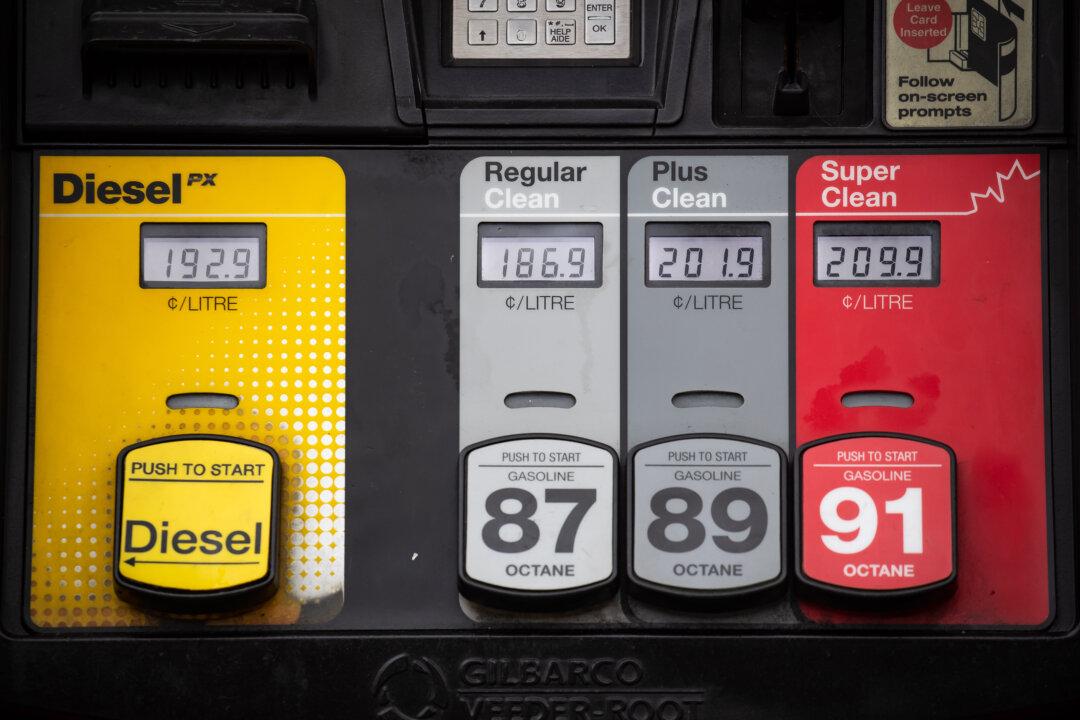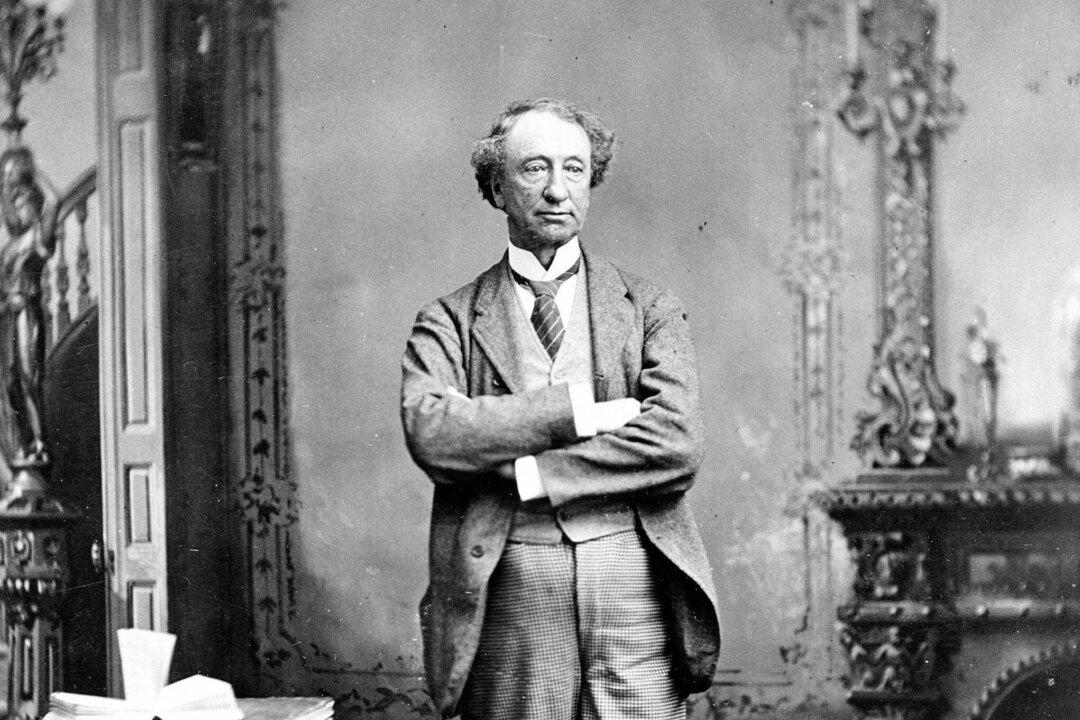A New Brunswick food bank says that dozens of military families are using its services amid an affordability crunch.
The issue was initially raised by Tory MP Michelle Ferreri on March 15 in a video posted on the social media platform X, in which she spoke to Jane Buckley, who oversees the Oromocto food bank in New Brunswick.





